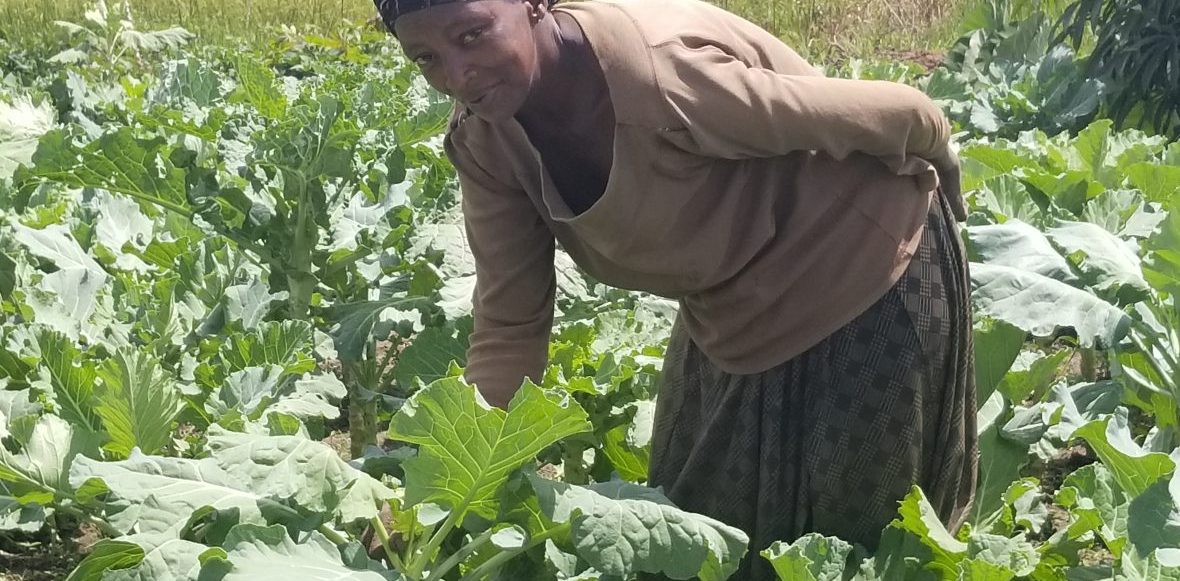The rain season that was expected to begin in September last year in most parts of Uganda started quite late in mid-October 2016 and ended well before Christmas. Since then to date the country has undergone a biting dry spell that has destroyed crops and pasture. The great majority of farmers face tough times ahead but most importantly, the country faces severe food shortage and reduced national income.
The executive director of National Union of Coffee Agro-businesses and Farm Enterprises (Nucafe) Joseph Nkandu recently told Seeds of Gold that, due to the ongoing dry spell, Robusta coffee production may reduce by more than 40 per cent and we may not get the expected annual output. He said, “This translates into lower income for farmers and reduced foreign exchange earnings for the country.”
Due to the drought, there are no weeds growing in the fields and there is no harvesting going on for most households. Some people have prepared the ground and keep watching the sky for rain signs.
Many do not even know how to get the seeds when the rains begin. They have difficulties feeding their families and malnutrition is a real threat.
It is hard to feed livestock. Thousands have resorted to cultivating crops in wetlands where some water still exists but this is forbidden by the law. The practice is said to render wetlands dry.
We could be at the beginning of what looks likely to be a difficult process. Some religious leaders are holding public prayers for rain to fall. Government has increased its tree planting campaign.
However trees, like crops, require rain to grow. Many leaders advise irrigation but there is growing evidence that our rivers and streams are drying up—the reason Lake Victoria and River Nile are enlisted among the world’s shrinking water bodies together with all rivers from Mt Kenya, most lakes in Kenya, Tanzania’s Lake Natron and Lake Manyara (www.ecology.com).Who has not heard about Lake Chad which used to be 17,800 square kilometres some 20 years ago and is today 1,500 square kilometres? Declining water in lakes and rivers negatively impacts on fisheries and aquaculture.
